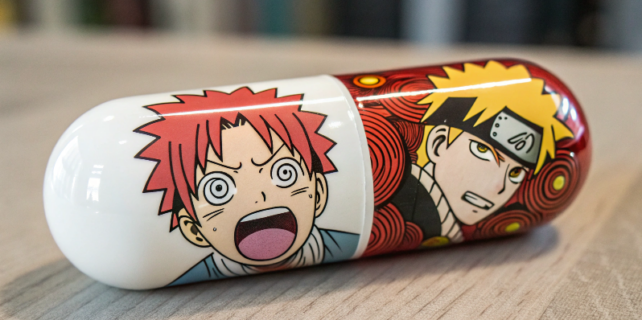Tips to Choose the Best Quality CBD Oil
In the ever-expanding world of wellness, CBD oil by CBDfx has emerged as a sought-after natural remedy for various health concerns. However, with the burgeoning market and a wide array of products, selecting the best quality CBD oil can be daunting. This guide aims to demystify the process, offering insightful tips to help you make an informed choice.
1. Understanding the Source of Hemp
The quality of CBD oil starts at the source – the hemp plant. High-quality CBD oil is derived from hemp that is grown under strict standards to ensure it’s free of harmful chemicals and pesticides. Look for products sourced from organic, non-GMO hemp, ideally grown in regions with rigorous agricultural regulations.
2. The Extraction Method Matters
The method used to extract CBD oil from hemp significantly impacts its quality. CO2 extraction is widely considered the gold standard as it effectively extracts CBD without leaving harmful solvents behind. This method ensures a purer and safer end product compared to cheaper, solvent-based extraction methods.
3. Full-Spectrum vs. Broad-Spectrum vs. Isolate
Understanding the types of CBD is crucial in choosing the right product:
- Full-Spectrum: Contains all cannabinoids found in the cannabis plant, including a trace amount of THC. This type is often preferred for the ‘entourage effect’ – the synergistic interaction of cannabinoids.
- Broad-Spectrum: Similar to full-spectrum but without THC, suitable for those who want to avoid the psychoactive compound.
- Isolate: Pure CBD, with no other cannabinoids or THC. Ideal for those who need high doses of CBD.
Your choice will depend on your needs and legal considerations regarding THC.
4. Check the Concentration
CBD oil comes in various concentrations, and it’s important to choose one that aligns with your needs. The concentration of CBD should be clearly stated on the product label, usually in milligrams. If you’re new to CBD, starting with a lower concentration and gradually increasing it is advisable.
5. Third-Party Lab Testing is Key
Reputable CBD brands will have their products tested by independent labs to verify their quality, potency, and safety. These third-party lab results, often called Certificates of Analysis (COAs), should be readily available to consumers. A COA ensures that the product contains the stated amount of CBD and is free of contaminants like heavy metals, pesticides, and molds.
6. Transparency and Company Reputation
Research the brand and its reputation. Look for companies that are transparent about their manufacturing processes, sourcing, and quality control measures. Reviews and consumer feedback can also provide valuable insights into the product’s efficacy and the company’s credibility.
7. Avoid Unrealistic Claims
Be wary of brands that make extravagant health claims. CBD oil can offer various health benefits, but it’s not a cure-all. Companies making unrealistic claims may not be trustworthy.
8. The Carrier Oil Can Make a Difference
CBD oil is often mixed with a carrier oil to enhance absorption. Common carrier oils include MCT oil (coconut oil), hemp seed oil, and olive oil. Each has its own nutritional benefits, so consider your personal health needs when choosing.
9. Packaging and Storage
Quality CBD oil should be packaged in dark glass bottles to protect it from light degradation. Ensure that the product is stored in a cool, dark place to maintain its efficacy.
10. Price Isn’t Always Indicative of Quality
While you often get what you pay for, the most expensive option isn’t always the best. Balance the cost with other quality indicators to make a well-rounded choice.
Conclusion
Choosing the best quality CBD oil requires careful consideration of various factors, from the source of hemp to extraction methods, lab testing, and more. By being an informed consumer and paying attention to these details, you can find a high-quality product that meets your wellness needs.
Remember, the best CBD oil is one that aligns with your health goals, legal requirements, and personal preferences.









